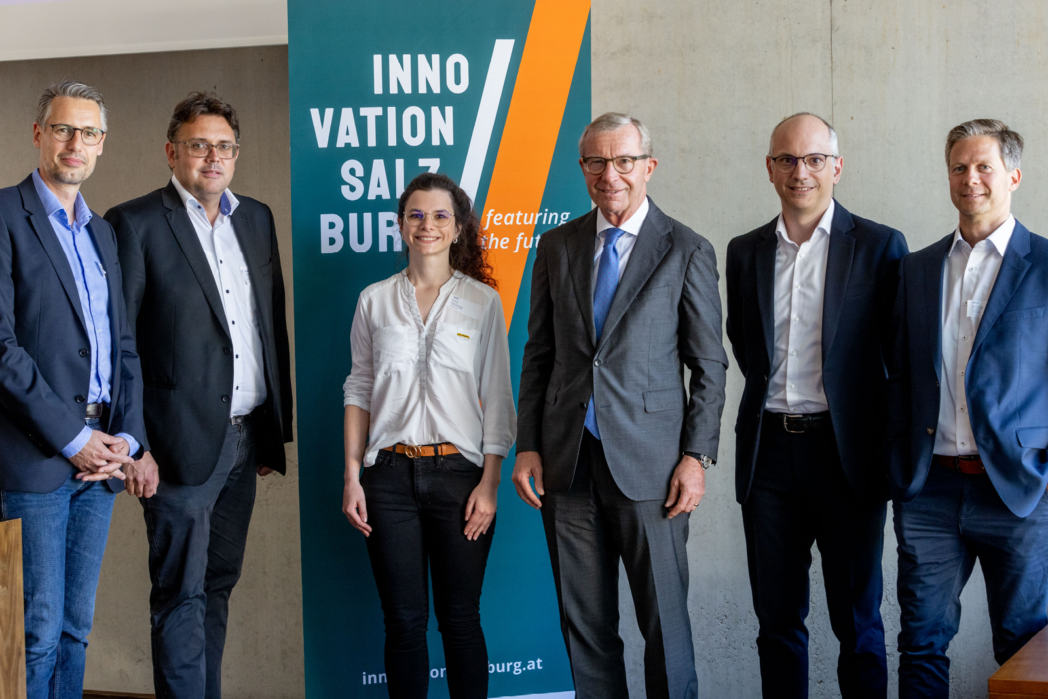
In cooperation with the KSÖ Security Forum Digital Economy, consulting firm KPMG surveyed around 550 domestic companies at the beginning of the year about their experiences with cybercrime and security. The results of this study were presented on Wednesday, May 18th, at FH Salzburg in cooperation with Innovation Salzburg.
“The results clearly show how great the pressure of cybercriminals is on the domestic economy. At the same time, many companies are already well prepared and view such attacks as normal business,” said Governor Wilfried Haslauer. He further added, “Attacks on the digital infrastructure of companies are now a daily occurrence. We have had to deal with this experience several times in Salzburg. It is also essential for small and medium-sized companies to rethink and protect themselves against this threat.”
Prepared for attacks
71 percent of the surveyed companies consider phishing, such as fraud attempts with, for example, fake emails, as normal business. The study authors see a certain “coolness” in companies facing such challenges and that they are well prepared. 83 percent feel equipped in the event of an attack and trust their protective measures. At the same time, every other company sees data leak blackmail as a particular challenge, according to some of the survey results.
Difficulty finding professionals
About three-quarters of companies are concerned about personnel search for IT and security experts. Almost half of the companies (43 percent) take at least four to six months to search for an employee.
Ukraine war extends into companies
According to the study, cyber-attacks by state-supported actors are becoming increasingly important. More than half of the companies see it that way. In addition, conflicts such as the war in Ukraine are also fought virtually. “Companies will feel the repercussions of malware that was originally developed to settle a conflict. For example, malware on Ukrainian computer systems. This war will harm those who have not protected themselves against cyberattacks,” said Robert Lamprecht from KPMG.
High damage sums
As the study “Cyber-Security in Austria” shows, cybercrime is often associated with very high costs. One-tenth of the surveyed companies reported damages of up to 500,000 euros, and 46 percent reported damages of up to 10,000 euros.
- Overview of study results
- 67 percent of companies have already fallen victim to a cyber attack.
- 20 percent report that they suffered financial damage from cybercriminals.
- 51 percent of attacks were phishing attacks.
- 70 percent became aware of a cyber attack through their own employees.
- 71 percent report an increase in cyber security budgets.
- 65 percent invest in additional security tools after a cyber attack.
- 40 percent employ one to two people for cyber security.
- 83 percent trust their protective measures in the event of an attack.
- 97 percent involve external service providers in technical incident management.
The study (german):
Cyber Security in Österreich 2022
Source (german): Landeskorrespondenz
That might be interesting for you
6. March 2025
salz21: Necessary Steps for the Future
On March 5, 2025, salz21 | Home of Innovation once again provided a platform for future topics, innovations, and interdisciplinary exchange. More than 1,000 visitors took the opportunity to learn about current developments and discuss perspectives for tomorrow. Three topics were particularly dominant: climate protection, artificial intelligence, and a strong Europe.
25. September 2024
Green Deal: How Sustainable Business Development Can Look
The EU aims to create political and legal frameworks through the Green Deal to transform both the economy and society in a sustainable way. The Pinzgau-based company Design Composite demonstrates how this can be implemented.
15. August 2024
Sunbeam Yachts: Where Craftsmanship Meets Digitalization
Sunbeam Yachts has been building exclusive sailing yachts at Mattsee for generations. The production is done by hand, with some processes now digitally supported.
12. August 2024
SBS: One Software for Many Self-Service Devices
As a leading provider of banking software in Salzburg, SBS is now exploring new markets. The company remains true to its core segment by offering manufacturer-neutral software for self-service devices in additional sectors.